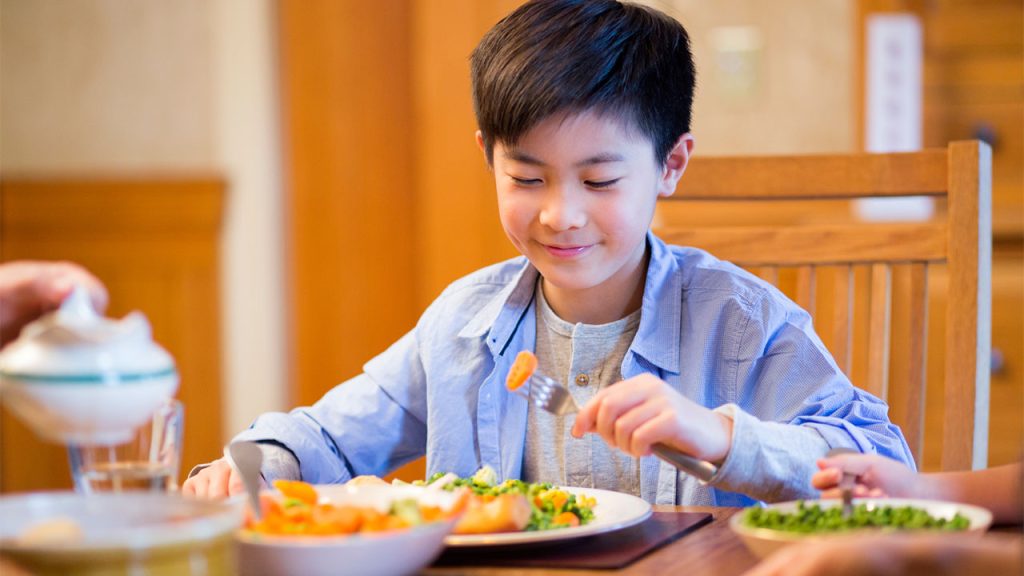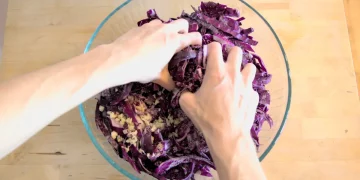For decades, the conversation around food and body has been dominated by a single, punishing paradigm: the diet. We’ve been taught to see food as the enemy, our bodies as projects to be fixed, and willpower as the ultimate virtue. We cycle through restrictions, count calories with religious fervor, and feel a familiar pang of guilt when we inevitably “slip up.” This diet mentality is so pervasive it feels like common sense, but the data tells a different story: over 95% of diets fail in the long term, often leading to weight cycling and a lower metabolic rate. More damagingly, they foster a toxic relationship with food, characterized by anxiety, obsession, and shame. But what if there was another way? A way that didn’t involve rules, restrictions, or guilt? Intuitive Eating is that way. It is an evidence-based, non-diet framework created by dietitians Evelyn Tribole and Elyse Resch that empowers you to become the expert of your own body. It’s not a diet or meal plan; it’s a profound mindset shift. It’s a journey of unlearning harmful diet culture messages and relearning how to trust your body’s innate wisdom to tell you what, when, and how much to eat. It’s about making peace with food so you can finally be free from the constant mental noise and reclaim the joy of eating.
Intuitive Eating is built on ten core principles that work together to repair your relationship with food and your body. It’s a process of rediscovery, not a quick fix. The goal is to move from an external set of rules (what a diet plan says) to an internal sense of knowing (what your body says). This doesn’t mean you’ll only crave broccoli and never want cake again. It means you’ll no longer see cake as a “forbidden” food that triggers a binge, but as one of many foods you can enjoy without guilt when you want it. It means understanding that your body needs different things on different days—sometimes it needs hearty fuel for a tough workout, and sometimes it needs comfort food on a rainy day. And both are okay. This approach acknowledges that you are a whole person, not just a body to be controlled. Your emotions, your stress, your joy, and your physical needs all play a role in your appetite, and Intuitive Eating teaches you to navigate this complexity with compassion and curiosity, not punishment.
The Foundation of Freedom: Core Principles of Intuitive Eating
While there are ten principles, understanding the first few is key to beginning this journey.
- Reject the Diet Mentality: This is the non-negotiable first step. You must consciously and decisively ditch the false promise of quick fixes. Throw out the diet books, unfollow social media accounts that promote “what I eat in a day” for weight loss, and reject the idea that your worth is tied to your weight or your pant size. This creates the mental space for a new way of thinking to grow.
- Honor Your Hunger: Your body’s hunger signals are not the enemy; they are essential biological communication. Keep your body biologically fed with adequate energy and carbohydrates. When you ignore gentle hunger, it often turns into primal, ravenous hunger, which can lead to a sense of loss of control and overeating. Learning to honor your hunger by eating when you feel the first signs is the foundation of rebuilding trust.
- Make Peace with Food: Give yourself unconditional permission to eat. When you tell yourself you can’t have a particular food, it creates a psychological rebellion that leads to intense cravings and, often, binge eating. When you truly allow yourself to eat it, the food loses its power. This principle is about taking all foods off the “bad” list. You cannot intuitively eat a food you have forbidden yourself to have.
- Challenge the Food Police: The Food Police are the thoughts in your head that pronounce judgments like “I’m being bad for eating this” or “I need to earn this cookie with exercise.” This is the voice of diet culture, and it’s time to fire it. Challenge these thoughts. Ask yourself, “Who benefits from me feeling guilty about eating?” The answer is the diet industry, not you.

The Mental Health Liberation: How Intuitive Eating Heals
The benefits of Intuitive Eating extend far beyond nutrition; they are profoundly psychological.
- Reduces Food Anxiety and Guilt: By removing the concepts of “good” and “bad” foods, you remove the source of constant dietary guilt. Eating becomes a neutral, or even joyful, act rather than a moral one.
- Ends Obsessive Thoughts: Dieting requires constant mental energy—calculating points, tracking macros, planning “cheat days.” This food preoccupation is exhausting. Intuitive Eating frees up this mental real estate for more meaningful thoughts and activities.
- Improves Body Image: While not primarily a weight-loss program, Intuitive Eating fosters body respect. The goal shifts from changing your body to caring for it. This fundamental shift in perspective is crucial for developing a more positive and accepting relationship with your body, regardless of its size.
Your First Step: The Hunger Check-In
The journey of Intuitive Eating begins with a single, simple practice: learning to identify physical hunger.
Physical hunger is a biological urge. It comes on gradually and gives you clues:
- Stomach growling or emptiness
- Slight headache, lightheadedness, or low energy
- Difficulty concentrating, irritability (“hanger”)
Emotional hunger is a desire to eat to soothe a feeling. It comes on suddenly and is often specific:
- A craving for a specific comfort food (e.g., only pizza will do)
- A desire to eat even when you’re physically full
- Tied to an emotion: stress, boredom, sadness, loneliness
Your call to action is this: Before your very next meal or snack, pause. Place a hand on your stomach. Ask yourself: “Am I physically hungry?”
Try to rate your hunger on a scale of 1 (ravenously hungry) to 10 (Thanksgiving full). Aim to eat when you’re at a 3 or 4—comfortably hungry—and stop when you’re at a 6 or 7—comfortably full.
This one small act of checking in is the first step in transferring authority from external rules to internal wisdom. It’s the beginning of a much quieter, kinder conversation with yourself about food.

































